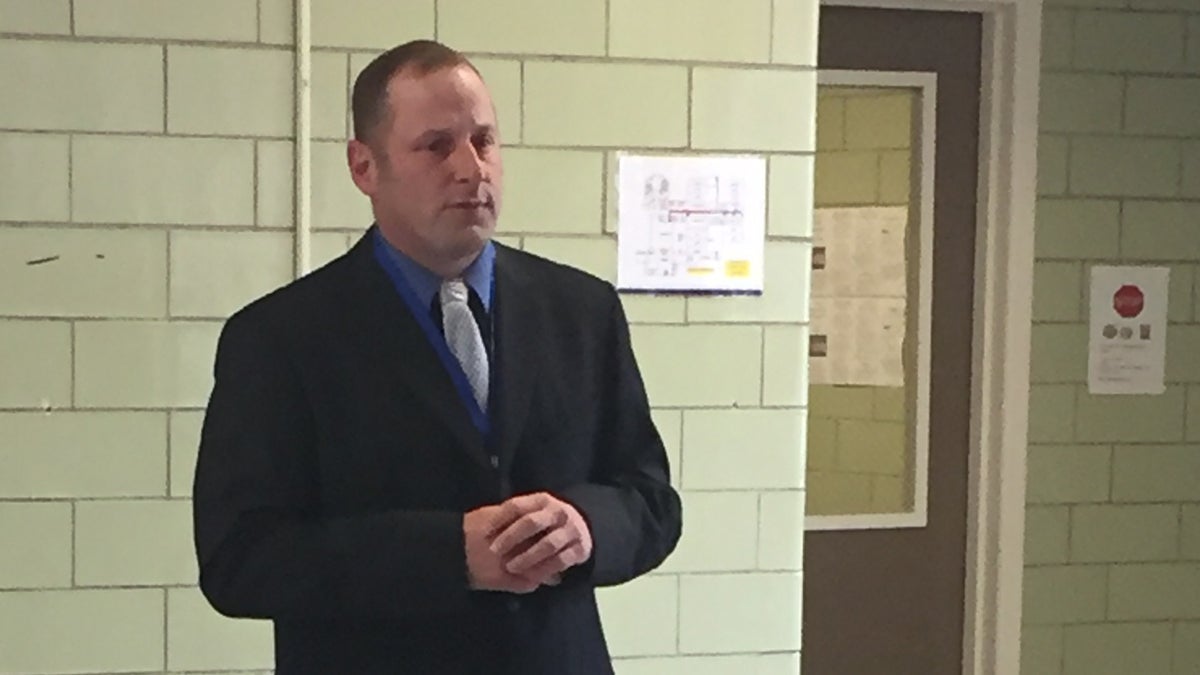Pennsylvania hoping halfway house is recipe for helping parolees dealing with mental illness

Program Director
About 9 percent of prisoners in Pennsylvania have a severe mental illness. And for more than a year, the state Department of Corrections has been under a mandate to offer better options to inmates needing mental health care.
Now, a new, Department of Corrections-led program called Pathways Transitional Wellness Center is trying to help former prisoners transition back to life on the outside.
Open since October, it’s the first program of its kind in the state, and part of an intentional change following scrutiny the department has faced over its treatment of mentally ill inmates.
One participant, Jeremy Gordon has persistent depression, also known as dysthymia. For a long time, he self-medicated with opiates. Eventually, a theft landed him in prison.
Instead of going right back into the community after his time was up, Gordon went to live at the Pathways Transitional Wellness Center in bucolic Wernersville. It’s a halfway house run by the Department of Corrections not far from Reading.
Staffed by psychologists and social workers, the goal is to help mentally ill parolees make a soft landing back in the community — through employment help, medical assistance and housing aid.
“It’s nice to have somebody else there to at least tell you what your options are, and help you along the way,” Gordon said.
At 8 a.m. most days, there’s a support group and some time in the computer lab, then a peer support group around 11 a.m. After lunch, residents get a few hours to leave the facility and go to work at a part-time job.
“Having that structure makes it a lot easier for myself to stay sober, and stay clean, even having the depression,” he said.
That kind of staggered transition to re-entry will ultimately lead to better outcomes, says Secretary of Corrections John Wetzel.
“If we’re deliberate about the conditions under which they get out, that’s our best likelihood for them, being successful, staying in the community and not committing other crimes,” Wetzel said.
Once Jeremy Gordon gets out, he’d like to become an addictions counselor — a process he’s already started at the facility.
“I’ve gone through a lot of things, you know, personally and through the addiction, and I’d like to help some other people,” Gordon said.
Secretary Wetzel says he’d like to eventually replicate the program in the rest of the state.
WHYY is your source for fact-based, in-depth journalism and information. As a nonprofit organization, we rely on financial support from readers like you. Please give today.

